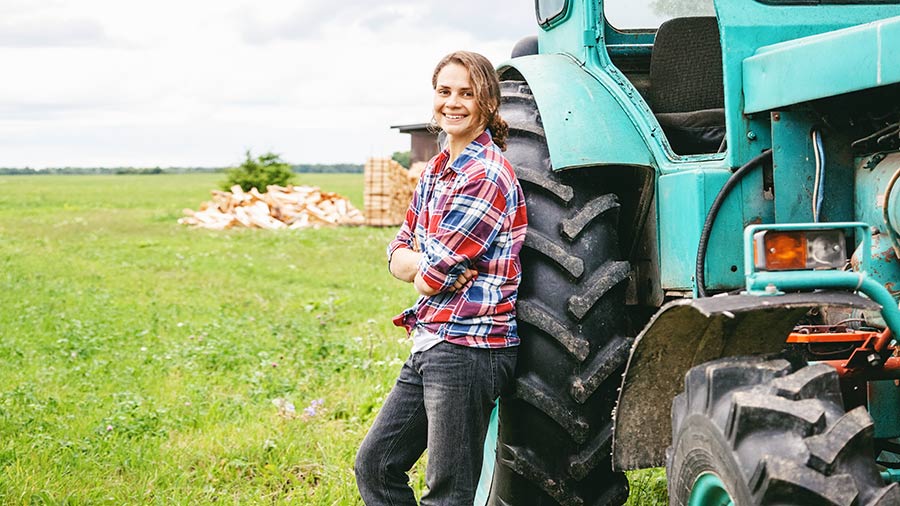Business Clinic: How do we manage daughter’s farming ideas?
 © AdobeStock/olezzo
© AdobeStock/olezzo Whether it’s a legal, tax, insurance, management or land issue, Farmers Weekly’s experts can help. Chris Turner, of Carter Jonas Rural sets out how to approach bringing in a new generation with new ideas.
Q. Our daughter has recently graduated and returned to the family farm full of ideas of how things should be done differently.
While we all appreciate her keenness to get involved and stay in farming, many of her ideas just don’t fit with how the farm is run. How can we move forward without dampening her enthusiasm, or falling out?
It’s great to hear your daughter is so keen to get involved in the farm. You don’t mention whether you have a strategy for the future of your farm and, if you don’t, this would be a good place to start.
Alongside this it’s important to have a structure for the running of the farm. This should set out roles and responsibilities, making sure that the younger generation doesn’t end up with all the jobs that nobody else wants.
It should also specify who has ultimate decision-making power, and that everyone else should respect and work within that decision.
See also: Business Clinic: should we take up SFI on mixed family farm?
Structure and strategy
With a structure and strategy agreed, you have a context in which to discuss new ideas – if they don’t fit with the strategy, it makes the conversation much easier and, if they do, you should feel more comfortable embracing them.
Simply having an open conversation about her ideas, and agreeing to some of them, will mean that your daughter feels she has a valid voice and a future in the business – without this, there is a real risk that she’ll start to see her future outside the family farm.
You haven’t mentioned what her ideas are or whether they relate to farming or diversification.
Either way, some ventures carry relatively low risks and, even if you feel sure they will fail, these are the ones to say yes to. If nothing else, they will present a real learning opportunity for your daughter.
If they relate to farming, you could agree that the risk is on her shoulders, with any losses deducted from her profit share at the year end – this may help to focus her mind on the practicalities of the idea, including the financials.
With diversified projects, there is even more scope for your daughter to prove she can take control and manage a business on a small scale – again with relatively small risk to the core business.
Take the time to support and coach her, communicating frequently, referring to the strategy, and reviewing progress and outcomes.
I hope you are also thinking about succession planning. Don’t assume your daughter is keen to take over the farm, nor that she needs to work full-time on the farm for 10 years before deciding.
Now is the best time to talk about the future of both the farm and her role.
Get her involved with the running of the farm, including long-term planning and finances. Without a sound understanding of these, she has no chance of understanding whether her ideas are viable, and why.
Nor can she begin learning the business side of running a farm.
Difficult conversations
Without a doubt there are some difficult conversations ahead, but make sure that all parties are honest and don’t be afraid of this leading to conflict – there will always be a way around it.
Getting professionals to mediate these conversations can be very helpful and can have the added benefit of beginning to build their relationships with your daughter, which can lead to an easier transition if and when she begins to take over the farm.
Finally, the world of farming is changing, and your farm will need to change with it – take the time to consider whether your daughter might be best placed to spot both the challenges and the opportunities presented
